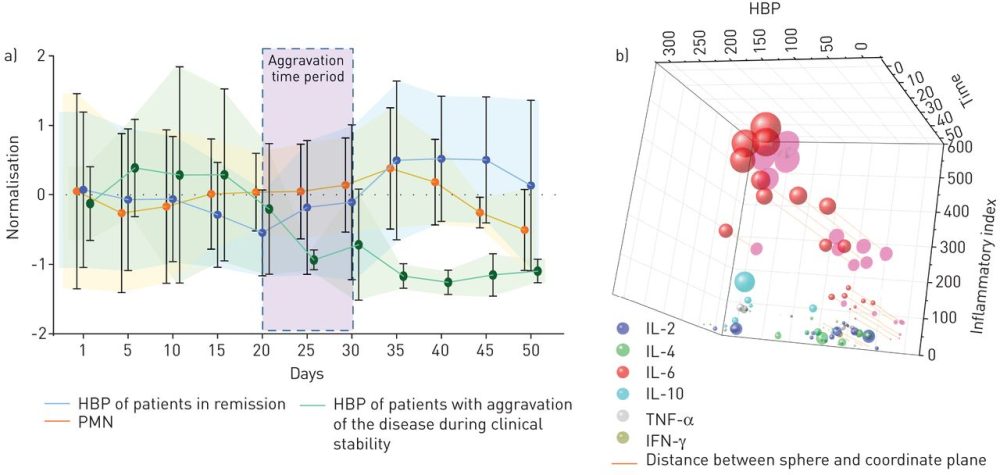Authors: Guyi Wang 1, Chenfang Wu 1, Quan Zhang 2, Fang Wu 3, Bo Yu 1, Jianlei Lv 2, Yiming Li 4, Tiao Li 5, Siye Zhang 1, Chao Wu 6 7 8, Guobao Wu 1, Yanjun Zhong 1Affiliations expand
Abstract
Background: Clinical findings indicated that a fraction of coronavirus disease 2019 (COVID-19) patients diagnosed as mild early may progress to severe cases. However, it is difficult to distinguish these patients in the early stage. The present study aimed to describe the clinical characteristics of these patients, analyze related factors, and explore predictive markers of the disease aggravation.
Methods: Clinical and laboratory data of nonsevere adult COVID-19 patients in Changsha, China, were collected and analyzed on admission. A logistic regression model was adopted to analyze the association between the disease aggravation and related factors. The receiver operating characteristic curve (ROC) was utilized to analyze the prognostic ability of C-reactive protein (CRP).
Results: About 7.7% (16/209) of nonsevere adult COVID-19 patients progressed to severe cases after admission. Compared with nonsevere patients, the aggravated patients had much higher levels of CRP (median [range], 43.8 [12.3-101.9] mg/L vs 12.1 [0.1-91.4] mg/L; P = .000). A regression analysis showed that CRP was significantly associated with aggravation of nonsevere COVID-19 patients, with an area under the curve of 0.844 (95% confidence interval, 0.761-0.926) and an optimal threshold value of 26.9 mg/L.
Conclusions: CRP could be a valuable marker to anticipate the possibility of aggravation of non-severe adult COVID-19 patients, with an optimal threshold value of 26.9 mg/L.
For More Information: https://pubmed.ncbi.nlm.nih.gov/32455147/
